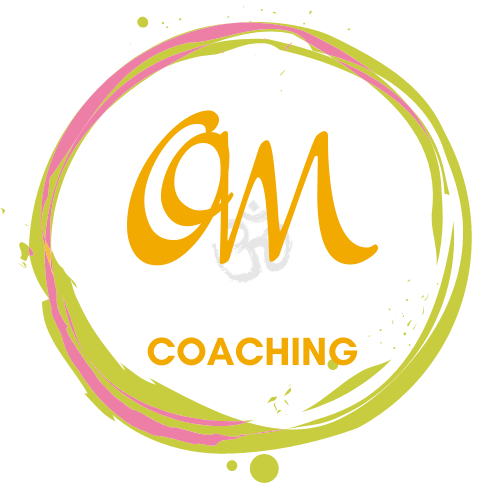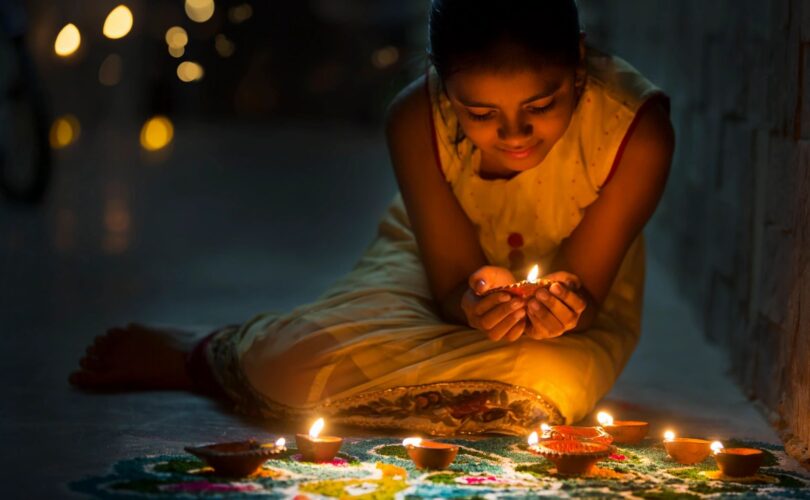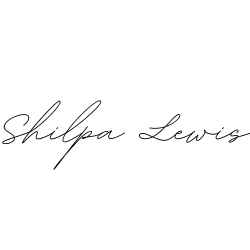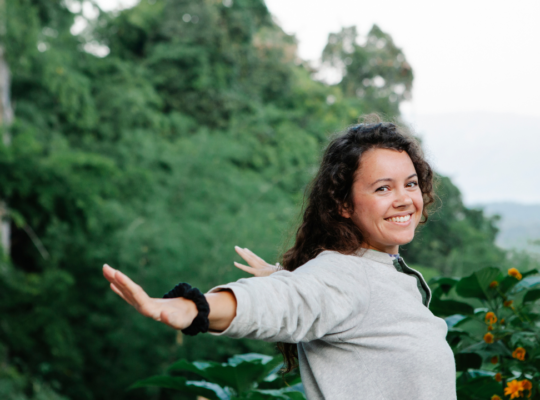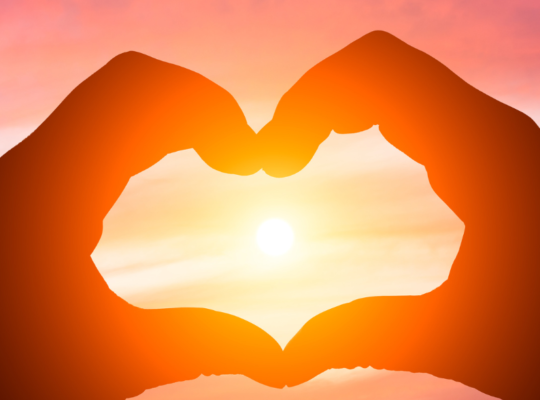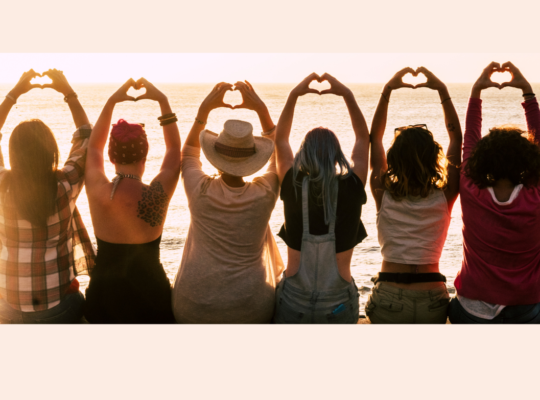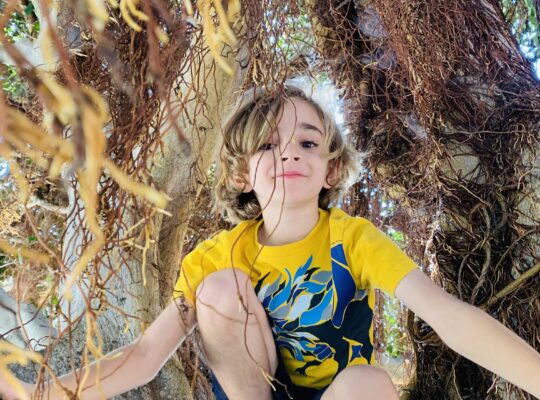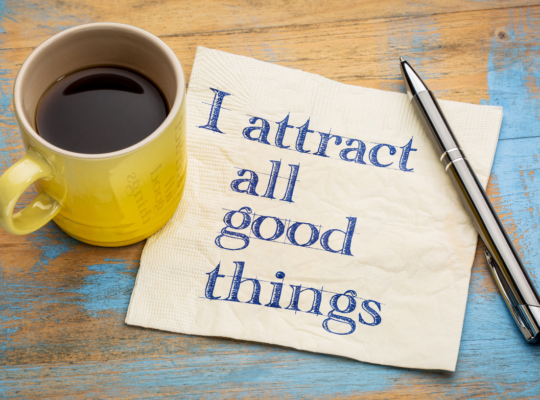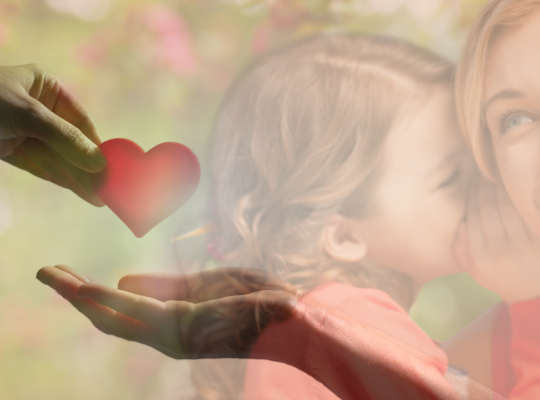The profound world events of this past year have affected our lives deeply and left many of us feeling a sense of real existential trauma. Some stresses we feel are agnostic to race, gender, or political affiliation. All of us have been facing the same challenges in learning to navigate issues like the pandemic, political division, and the impact of climate change. Many are also struggling to make sense of flaring social injustices, especially for women, people of color, and immigrants.
With these sometimes overwhelming pressures, how can each of us heal from this toxic climate, move forward respectfully, and be an agent for positive change? Change, not only for ourselves and those we care about but also on a higher level. Wouldn’t it be rewarding if you could be an activist that affects change in the world?
You may believe that you don’t have the time, tools, or knowledge to make these changes happen. I am here to show you how every individual already has these abilities within them if you know how to access them. You can start by understanding that activism begins within you and radiates out into the world.
Activism Through Healing
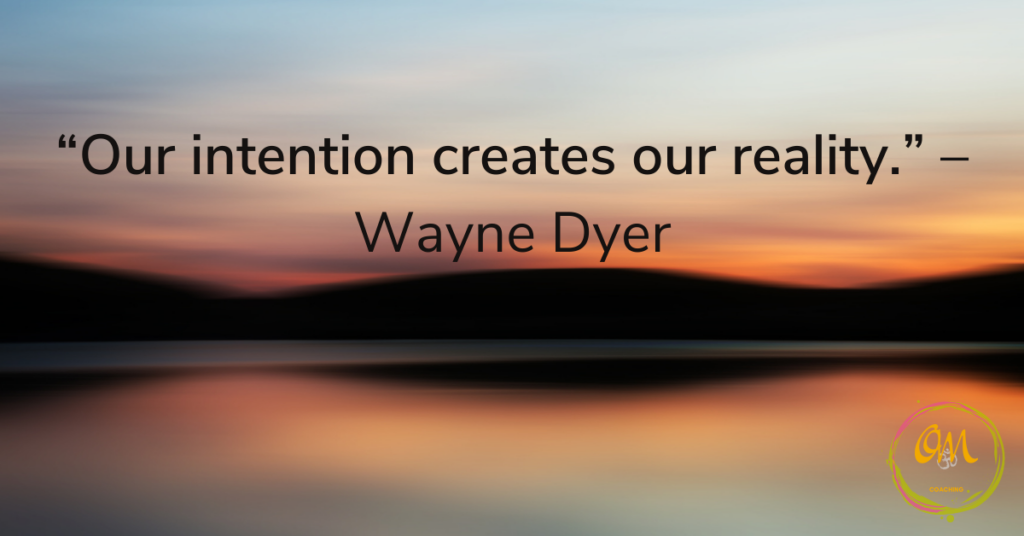
To take action of any form starts with intention. What is your goal for change, either for yourself or for others? The more specific you can be, the better. Clarity will give you a focal point for every action you take. The key is to consciously be aware of your intentions and let them guide your actions. When you set an intention, you empower yourself with a roadmap for change. Intentions can be small or large, personal, or global. For example, your intention may be to affect change for your own optimal health in body, mind, and spirit. Start with setting meaningful intentions for yourself and expand them progressively.
Reflecting on the current chaotic state of the world, I have wondered what role I can play, or what actions I can take to facilitate healing? I’ve started to dispel what it means to be an activist. Activism can be perceived as an attack and defend. But those are reactive and short-sighted tactics that will likely only create further division. My personal intentions to facilitate healing are to proactively take steps to be more non-judgmental, understanding, compassionate, and empathetic. I think of it as a more evolved form of activism on a personal level. However, if we could collectively set our intentions similarly to be more harmonious on a larger scale, there is no limit to the issues for which we can affect change.
The first step towards achieving mindful activism is to begin healing yourself. I cannot overstress that healing yourself is a proactive decision. You have the power to begin this process.
Curious about healing modalities?
My former meditation coaching client, Julie Dargis, has detailed her personal wellness journey in her recently published book, Be Your Own Guru: Meditations on Science and Spirituality as a Pathway to Personal Wellness. In her book, she covers many of the common healing modalities that I offer to my clients.
Julie has spent her career as a humanitarian, and currently supporting global COVID-19 response programs as a senior advisor. In this powerful book, Julie skillfully walks you through her personal journey and exploration towards improved inner well-being. Through her compassionate lens, she illuminates how one can improve their own states of well-being by offering to heal others, through acts of altruisms that include random acts of kindness and deep listening.
Activism Through Meditation
Meditation can be a powerful healing modality.
What if the very act of meditating daily, for a few minutes (or longer) could be considered activism? Simply being present with yourself, at this moment, is a form of activism that starts from within.
Begin by creating a mental space for meditation with the intention of feeling peace or increased self-awareness. I personally find it helpful to express out loud the set of daily intentions that I have written down. Prior to my morning meditation routine, I always set and envision my intentions. Other ways I set my intentions are visualizing outcomes through a vision board, and listening to my personalized life-wheel soundtrack. My intentions holistically integrate multiple aspects of goals I wish to manifest.
Perhaps your personal intention is for more stillness, clarity, or peace. It could be for greater awareness of the quality of your breath, thoughts, and actions. Your method and intentions should be thoughtfully adapted to what works best for you. Through your meditation, you can create this reality from the inside out.
Practice Metta (Loving Kindness) Guided Meditation
When you feel disempowered, depressed, or outraged, consider actively practicing this Loving Kindness Meditation.
• Start by directing positive energy toward yourself…
• Then toward loved ones…
• Then toward people for which you feel neutral…
• Then toward people for which you feel negative…
• And finally toward the whole world including all living beings.
Activism Through Mindful Communication
Mindful communication is a powerful tool to help each of us be seen, heard, and understood. Through meditation, we become aware of our thoughts and feelings towards ourselves and others. We can use this awareness to create a conscious shift in how we engage with others, especially those who think differently than us. Mindful communication strategies, such as Non-Violent Communication (NVC), can be incorporated into our daily lives. Consistent use of such techniques will result in affecting positive change towards all those we interact with. This is the beginning of activism.
Start by creating internal clarity of your intentions or overall objective with respect to exchange. For instance, you may seek harmony, common ground, or something more specific to your circumstance. Understand that when the intention of our communication with others is rooted in either conscious or unconscious judgment, this dialog may trigger
defensiveness. Avoid alienating language, which starts from within, as it usually only results in further division. Our lens on the world is based on our observations, values, social biases, and cultural experiences. We tend to translate information and project our perceptions through biased labels which we then use to communicate. Healing our social division can be helped by engaging in healthy communication.
I first became aware of Non-Violent Communication (from the book Nonviolent Communication – A Language of Life) years ago while training for my yoga teaching certification. The essence of the strategy in that context was that our practices off the yoga mat were equally important to those on the mat. It is called a practice because each time we come to our mat, we are practicing accepting ourselves, and learning to really listen to ourselves. Mindful communication, through the Non-Violent Communication technique, invites this same spirit of practice into our daily communication with others.
We’re not always going to say the right thing. Our communication with others may not always be perfect. Why not face daily-life communication with others with a spirit of practice?
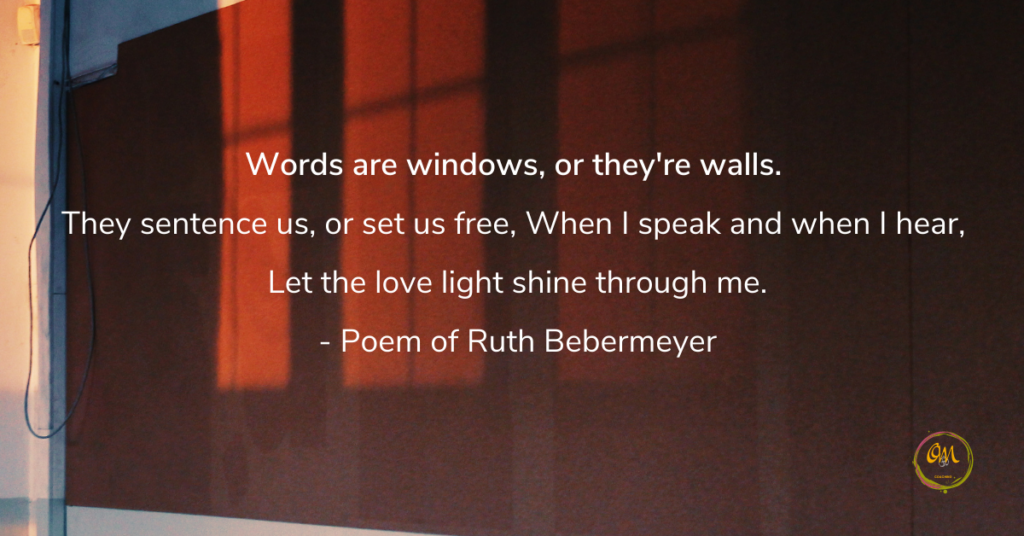
To cultivate mindful communication skills consider practicing Non-Violent Communication. Rachelle Lamb, a renowned Non-Violent Communications coach, and trainer, has developed several fantastic free tools which may assist you:
• Guiding Questions – powerful questions to guide communication
• Rescue Cards – remain mindful in challenging moments
• Needs & Feelings – facilitate more empathic conversations
Need more inspiration?
Consider listening to Executive Leaders & Meditation Coach KC Carter’s Podcast Interview with Rachelle Lamb, NVC: Healing Our Lives and Our Planet.
Activism Through Introspection
What if we took time to introspect, utilizing the awareness gained through meditation, and fact-based information gained through mindful communication? What if we paused for introspection first, as a form of activism?
We each have core needs and feelings or experiences all wrapped around our personal or collective stories. An introspection on those stories leads to empathy, which is critical if we are to communicate effectively. Ideally, through our introspection, we can begin to create relationships that manifest a more harmonious life experience for ourselves and a world experience for humanity.
An effective way to facilitate introspection is to ask ourselves some key questions relating to our individual situation. Deep contemplation of these questions leads to a more harmonious approach to life, and ultimately to a lifestyle of activism.
Searching for powerful introspective questions?
Here are some self-inquiry questions to drive mindful activism.
1. What are our thoughts about ourselves?
2. What are our thoughts about others?
3. What are our personal needs and our common collective needs?
4. What are our personal feeling and our common collective feelings?
5. What stories do we hold onto that are true?
6. What stories do we believe in that are not proven?
7. What labels or language do we use to express those thoughts, needs, and feelings?
Activism Can Start Now
Don’t wait, make excuses, or waste any more time. Now is the time to become more focused and hold a high intention with the energy of your heart, emotions, feelings, and desires. These are valuable traits, which we all possess, that can help us to affect positive change. Fall not in despair while being realistically aware of your feelings. We are primed for change and transformation, not just in our own lives, but collectively as a society. Activism starts within and branches out to the world.
- Disclosure: Omnimindfulness is reader-supported. I only recommend books or products that I would use myself and all opinions expressed here are my own. I may earn a small commission when you click on the affiliate links, at no additional cost to you.
